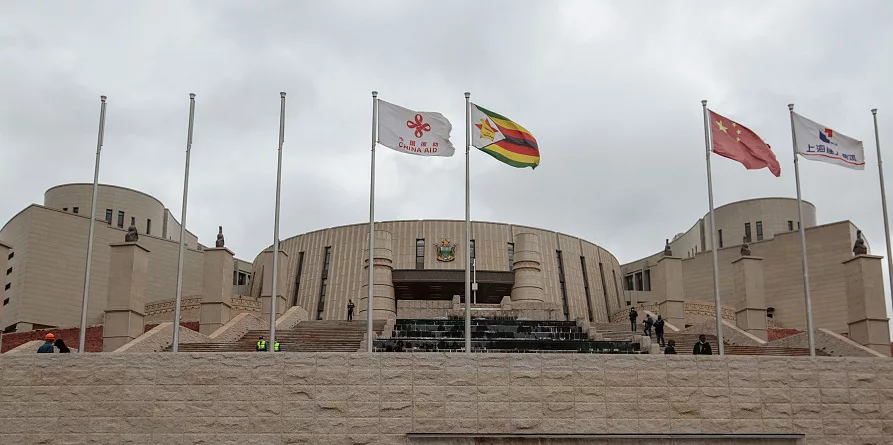|
Getting your Trinity Audio player ready...
|
By Veritas
There is consensus among NGOs that this is not a good law for Zimbabwe for several reasons. In this document, we set out the reasons in ten simple points.
- The Bill claims to counter PVOs supporting terrorism or illegal money laundering. But this problem does not exist There is no evidence from past National Risk Assessments that PVOs in Zimbabwe are used for money laundering or for funding terrorism.
- The Bill duplicates other perfectly adequate laws – this is bad law and can lead to confusion . Anti-Terrorism Laws already exist: Zimbabwe already has a law called the Suppression of Foreign and International Terrorism Act which covers all matters related to the prevention and suppression of terrorism. And anti-money laundering?
- The UN, AU, and SADC consider civil society to be one of the pillars of the State. A strong civil society strengthens the country. The government cannot fulfill all its people’s needs and PVO fills the gaps – providing shelter to those suffering from GBV, teaching different methods to provide food security, sinking boreholes, and other humanitarian needs.
- PVOs have a useful role in ensuring the Constitution is implemented, and the international Conventions Zimbabwe agrees to are respected
- The PVO sector makes a significant contribution to the economy of Zimbabwe as it brings in over 900 million United States Dollars per year into the economy contributing significantly to the national fiscus. Evidence in other countries shows that laws like the PVO Bill will lead to a significant reduction in foreign currency inflows causing economic stability which will make life difficult for many Zimbabweans. The reduction of foreign currency inflows has far-reaching consequences in various sectors including health, education, energy, and provision of social services.
- Sabotaging Community Organising: NGOs are platforms through which ordinary people organise around various issues they care about. Current legal frameworks allow many groups to legally operate on the strengths of their constitutions like associations. Others are registered as trusts with the Registrar of Deeds under the Deeds Registries Act. This situation gives different NGOs flexibility to allow them to work on their issues. The PVO Bill creates one basket for everyone with rigid compliance rules making it difficult for many community-based groups. It forces organisations that were operating as associations under common law or trusts under the Deeds Registries Act to now register as PVOs.
- It is unconstitutional in that …… it gives the govt unfettered power with no appeal to a fair hearing justice. Courts.
- It creates huge bureaucratic difficulties both for the government and for the PVOs
- The bill contains legal ambiguities and poor drafting in the bill creates confusion. This creates an ongoing risk of organisations unwillingly offending the law, or simply being deemed non-compliant, attracting the stated penalties or registration. Many organisations do not have the legal sophistication or resources that will be required to give meaning and compliance to this poorly drafted law.
- The approach used to develop this law is top-down without meaningful consultation with the NGO sector. Consultation with NGOs has been just a ritual with recommendations from CSOs, the African Commission on Human and Peoples Rights (ACHPR), and United Nations being ignored. In the spirit of nation-building and social cohesion, the government must create an inclusive roundtable on CSO regulation and consider the suggestions made by NGOs through their representative bodies, the ACHPR, and the UN experts.
Conclusion
A bad law is not only bad for the sector directly affected. It is bad for the country as a whole. Ignoring the views of the people in a law that affects their livelihoods is not good governance. It tarnishes the name of our young democracy at a time when we are trying to unite the people and reengage with the international community. The PVO Bill in its current form will not do Zimbabwe any good. The Parliament is encouraged to reject the law and recommend an inclusive NGO sector roundtable on regulation following recommendations from all concerned parties. In the spirit of nation-building and social cohesion, the government must create an inclusive roundtable on CSO regulation and consider the suggestions made by NGOs through their representative bodies, the ACHPR, and the UN experts.






